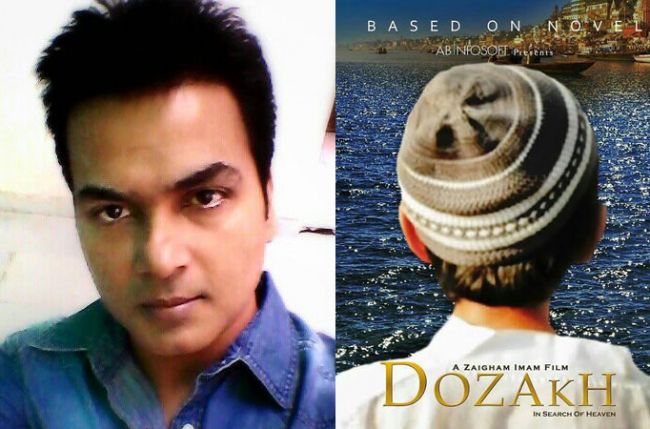
A man has a religion, not a story – Hindi novelist Zaigham Imam has blunt and sensible sentiments surrounding controversies on films hinging on religion. His own debut feature film “Dozakh – In Search Of Heaven” explores the Hindu-Muslim clash via a story set in Varanasi, and aims to magnify the importance of humanity over religion.
In recent times, commercial Bollywood movies “OMG: Oh My God!” and “PK”, apart from the controversial “MSG: The Messenger of God” have picked on religion, god and godmen. And they’ve courted the ire from various quarters.
But Imam, a former journalist and all of 32, has a pertinent point to make.
“Stories are not Hindu Muslim…films have no religion. A person can have a religion. Don’t make a filmmaker’s work Hindu or Muslim,” he told IANS over phone from Mumbai.
Films can serve as a mode of bringing “betterment to the society”, he believes.
“Earlier, people used to tell their children to read literature so that they could learn about what’s good and what’s bad. Now in the 21st century, when we have moved ahead so much, cinema is a very important and big medium to tell people what’s right and wrong.
“So, to put restrictions on such things is not right. Films don’t show religion. They only aim to show the wrong aspects of religion, and it’s vital to show them. If everything is banned, how will anything that is wrong, go out of society,” he questioned.
Imam’s film “Dozakh”, which he shot in the holy city of Varanasi, his birthplace, back in 2012, tells the tale of a Muslim cleric, vexed about the fact that his son becomes friends with a Hindu priest. This results in him losing his son and realising that he needs his son, and not the religion.
Does his film take a stand?
“Yes, it gives a clear message that in the world that we stay in, if there’s something big, it’s a man, and religion is not above that. Religion can be for his betterment, can show him the right path, a man’s emotions, needs, laughs and tears are bigger than religion.”
Based on an eponymous novel penned by Imam himself, the movie, the Urdu title of which means ‘hell’, is hitting select theatres in India via PVR Director’s Rare. The platform supports independent, critically acclaimed cinema with niche content.
It’s a great “window” for films such as his, he says.
“Independent films don’t get a window as such. But our film has gone to several festivals in Delhi, Mumbai, Kolkata, Chennai, and even in Australia and Canada. To our luck, we got a positive response. Independent films don’t have money, so until people talk about it, it gets tough to get a release. We managed to get a good buzz, and that’s why we could reach the level of a release.”
The film has been made on a budget of around Rs.50,00,000 — an amount he managed to put together thanks to his savings, his family members, friends, and technicians, who agreed to work for less money.
Imam aptly describes the sum as “not even the budget of a one-week publicity of a commercial movie”. But with the prevalence and growing visibility of the digital platform, he has a reason to smile.
“I will focus on the digital platform, because airing such a film on TV and doing print ads is tough considering the film’s budget. Also, films reach a wider audience through digital mode,” added the Allahabad University alumnus.
He is confident that “sincere cinema lovers who like new stories” will come and watch the film in theatres. “Mass audiences won’t come. They’re not even our target.”
Starring a Hindu actor, Lalit Mohan Tiwari, as the Muslim cleric, and Nazim Khan in the role of a Hindu preist, the movie also has some National School of Drama alumni in its cast.
What the movie aims to zoom into — and by the very premise that it was shot in Varanasi, which has a considerable Muslim population — is the unity between people of both religions.
Having been brought up in the colourful temple city, Imam said it was his observation of the ‘Ganga-Jamuni Tehzeeb’ — that the unity between Hindus and Muslims is akin the coming together of rivers Ganga and Yamuna in Allahabad — that led to the concept of “Dozakh”.
“It’s wonderful because when Hindus stage the Ram Leela, Muslims also participate, play Ram and Lakshman, and during a Muslim festival, Hindus involve themselves. It is a place like Varanasi, where there is a mandir and a masjid close to one another.
It is to capture this ‘rang’ (colour), that Imam shot in Benares.
Inputs by IANS













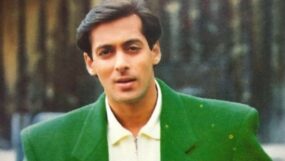

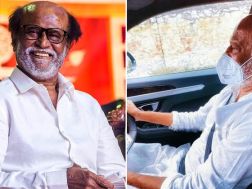






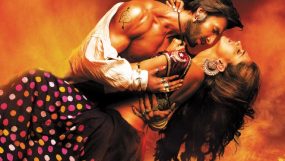

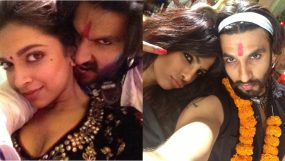

Leave a Reply